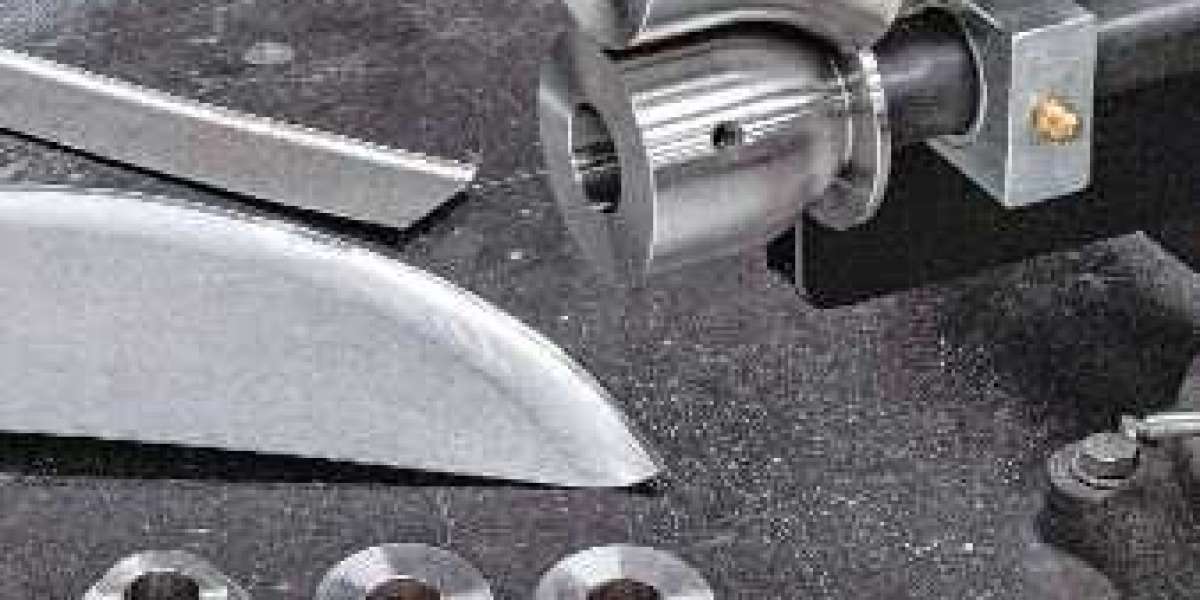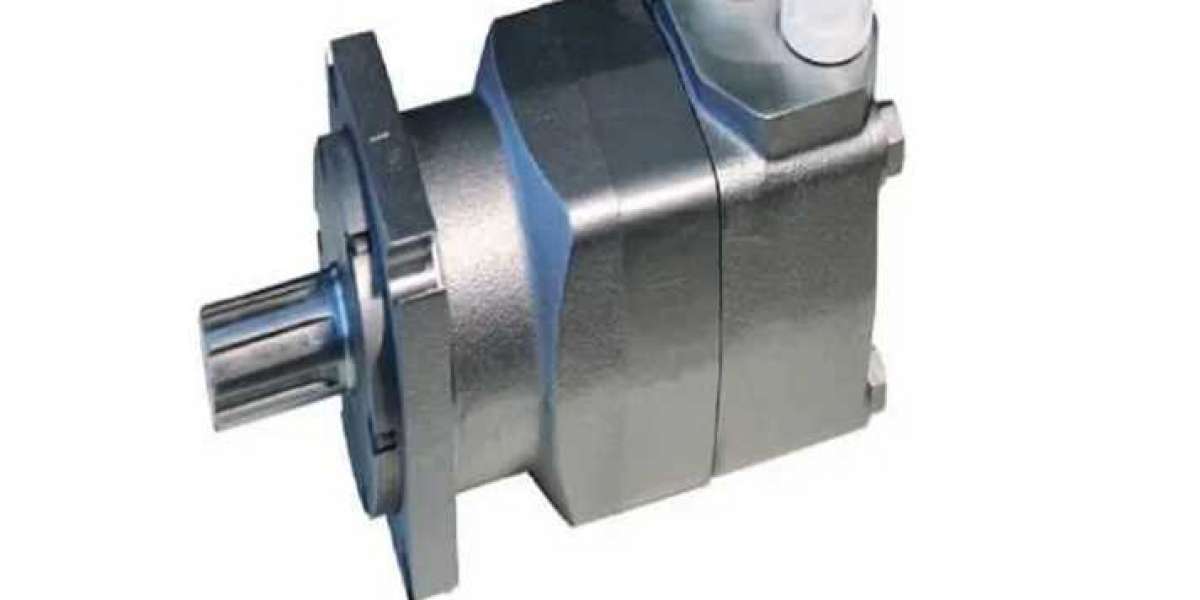A roller die machine is an essential tool in various industries, ensuring precise and efficient cutting, embossing, and shaping of materials. From packaging and non-woven fabric to metal and plastic processing, these machines enhance production efficiency while maintaining high accuracy. Their ability to handle complex patterns with consistency makes them indispensable in manufacturing.
What Is a Roller Die Machine?
A roller die machine is a specialized piece of equipment designed to cut, emboss, or shape materials using cylindrical dies. These rotating dies press against the material to achieve the desired pattern or cut, allowing for seamless, high-speed production. They are commonly used in industries like:
- Packaging (paper, plastic, and cardboard processing)
- Textile and non-woven fabric industries
- Automotive and metal processing
- Medical product manufacturing
- Sanitary pad and diaper production
How Does a Roller Die Machine Work?
A roller die machine operates by feeding material through rotating cutting or embossing rollers. The process involves:
- Material Feeding: The raw material (fabric, plastic, metal, or paper) is fed into the machine.
- Die Cutting or Embossing: The roller die, with its pre-designed patterns, presses against the material to cut or shape it.
- Finished Product Output: The processed material is collected, ensuring precision and consistency.
These machines can handle both simple and intricate designs, making them ideal for industries requiring mass production with uniform quality.
Types of Roller Die Machines
- Cutting Roller Dies: Used for precise cutting in industries like packaging and textiles.
- Embossing Roller Dies: Ideal for creating patterns or textures on materials.
- Perforation Roller Dies: Used for making small, consistent holes in products like filters or packaging materials.
- Metal Roller Dies: Designed for shaping and forming metal sheets efficiently.
Each type is tailored to specific industry requirements, ensuring smooth and error-free production.
Key Benefits of Using a Roller Die Machine
1. High Precision and Accuracy
The roller die machine ensures exact cuts and embossing, making it ideal for industries requiring precision.
2. Increased Production Speed
These machines operate at high speeds, significantly improving production efficiency compared to manual or traditional methods.
3. Cost-Effective Solution
By reducing material waste and enhancing efficiency, roller die machines help lower production costs over time.
4. Versatile Applications
From paper and fabric to metal and plastic, roller die machines handle various materials with ease.
5. Durability and Longevity
High-quality roller dies are made from durable materials like steel, ensuring long-lasting performance and minimal maintenance.
Applications of Roller Die Machines
Roller die machines are widely used in several industries:
- Packaging Industry: Used to cut and shape cartons, labels, and plastic films.
- Textile Industry: Helps in shaping and embossing non-woven fabrics for medical and sanitary products.
- Automobile Sector: Used for cutting and shaping interior materials and metal components.
- Medical Industry: Creates precision-cut components for disposable medical products.
Choosing the Right Roller Die Machine
When selecting a roller die machine, consider the following factors:
- Material Compatibility: Ensure the machine supports the material type you need to process.
- Production Volume: Choose a machine based on your required output capacity.
- Customization Options: Some machines allow interchangeable dies for varied designs.
- Durability: Opt for machines with high-quality roller dies for longer service life.
Conclusion
A roller die machine is a game-changer for industries requiring precision cutting, embossing, and shaping. Its ability to work with various materials while ensuring high efficiency and accuracy makes it a must-have for manufacturers. Investing in the right machine ensures streamlined production, reduced waste, and consistent quality.
Looking for a reliable roller die machine? Choose high-quality, durable solutions that meet your industry standards and production needs.







